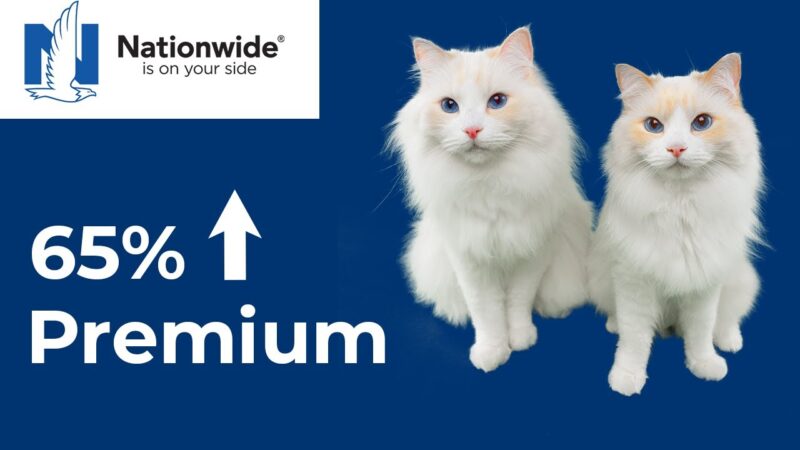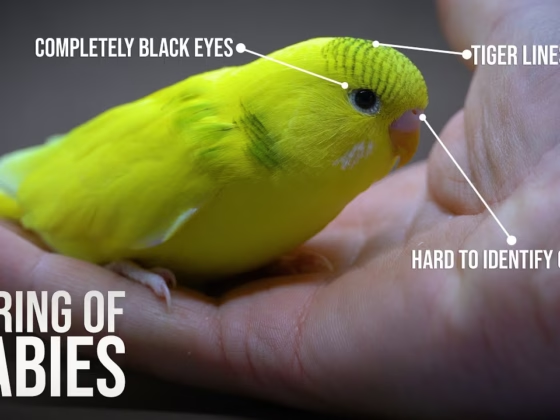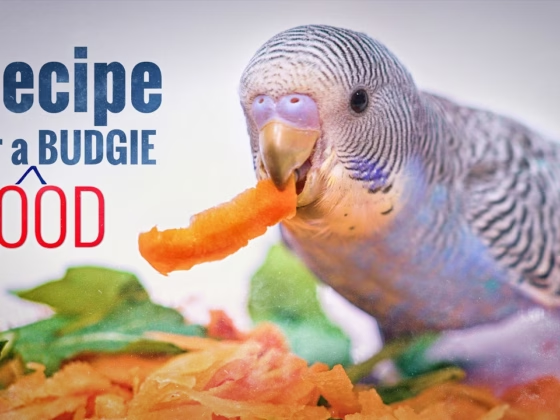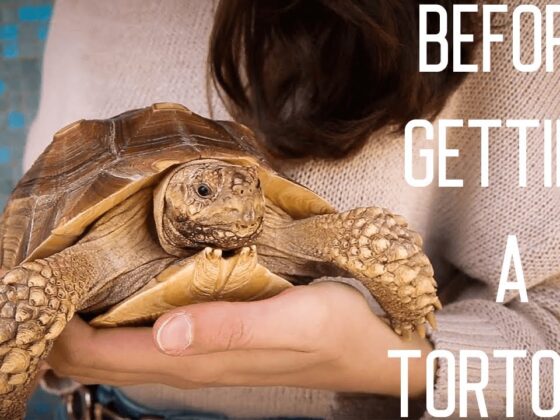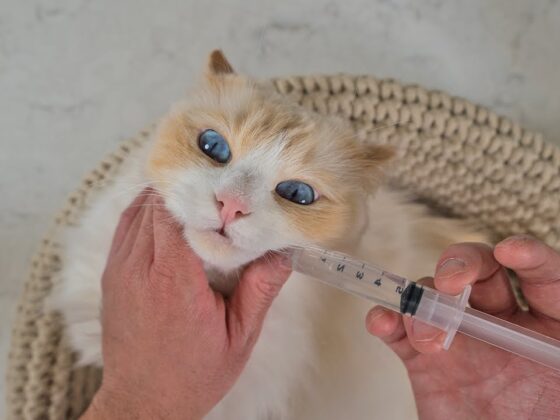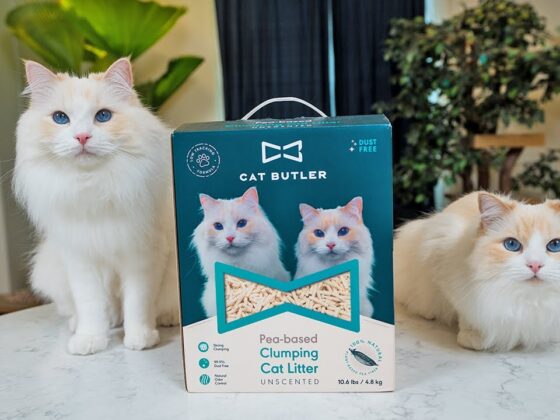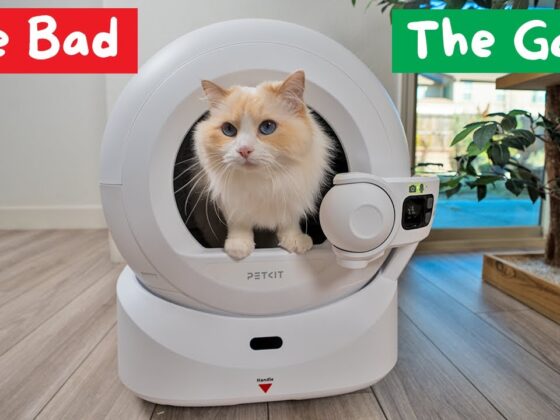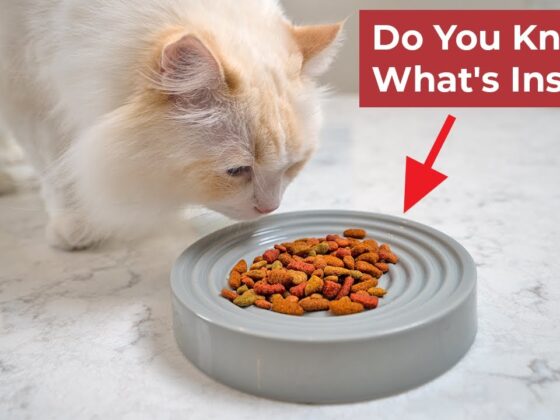Are you constantly weighing the financial unknown of your pet’s health against the peace of mind pet insurance promises? Is Nationwide Pet Insurance the long-term solution you’re hoping for, or will it leave you scrambling when your furry friend needs it most?
Navigating the world of pet insurance can feel like a maze, especially when trying to predict future costs. In this comprehensive review, we’ll cut through the confusion by sharing a real, four-year experience with Nationwide Pet Insurance for two cats, Teemo and Arya. You’ll gain transparent insights into rising premiums, the claims process, and a detailed breakdown of actual vet bills versus reimbursements. By the end, you’ll have the crucial information needed to decide if Nationwide is the right long-term investment for your beloved companion.
Is Pet Insurance a Good Long-Term Investment? My Four-Year Journey
Many pet insurance reviews only scratch the surface, focusing on the early years when pets are young, healthy, and premiums are low. But what happens as they age and healthcare needs evolve? My four-year journey with Nationwide Pet Insurance offers a unique, long-term perspective, providing a clearer picture of what to expect financially over time.
When I first enrolled Teemo and Arya, my primary goal was peace of mind – knowing emergencies would be covered without financial stress. I opted for the Nationwide My Pet Protection with Wellness Plan, a comprehensive choice that covered everything from accidents and illnesses to routine wellness care. This plan boasted a generous 90% reimbursement rate, a $7,500 maximum annual benefit, and a $250 deductible. Plus, I enjoyed a 5% employer discount and an additional 5% for insuring two cats.
However, it’s crucial to remember a common pet insurance clause: pre-existing conditions are not covered. This means any health issues your pet had before enrollment won’t be eligible for coverage. That’s why, as many experts advise, the ideal time to get pet insurance is when your pets are kittens or puppies.
The Nationwide Claims Process: Simple and Stress-Free
One of the most important aspects of any insurance is how easy it is to actually get reimbursed. With Nationwide, the claims process has been remarkably straightforward. You simply visit their website, fill out a form, and attach your vet bill receipt. In my experience, reimbursement typically arrived within 1-2 weeks for 90% of the bill. Nationwide never complicated the process or denied valid claims, which speaks volumes about their customer service.
Understanding the Costs: Premiums, Reimbursals, and Vet Bills
Now, let’s talk numbers – the part that truly reveals the long-term value. While the claims process was seamless, the premiums did see a significant increase over the years. My annual premium started at $542.94 in 2020 and jumped to $1,274.08 by 2024. The largest leap was a staggering 65.4% increase in 2024, partly due to losing my employer discount. While I anticipated some increase with age and inflation, this jump was unexpected.
Why Do Pet Insurance Premiums Increase So Much?
My digging revealed several factors contributing to these sharp increases:
- Unprofitable Older Plans: Some of Nationwide’s older plans, like the ones with 90% reimbursement and unlimited maximum benefits, became unprofitable. This led to Nationwide discontinuing these offerings for new customers and even dropping approximately 100,000 policies by summer 2024, particularly those with older pets on these less profitable plans. This practice, where insurers can choose not to renew policies or downgrade coverage as pets age, is a significant downside of pet insurance, leaving owners in difficult situations.
- Rising Veterinary Care Costs: Advancements in veterinary medicine (MRIs, chemotherapy), labor shortages, and higher wages for vet staff have driven up clinic expenses, which are then passed on to consumers through insurance premiums.
- Corporate Consolidation: Large corporations and private equity firms are increasingly acquiring independent vet clinics. While this can standardize care, it often prioritizes profit, leading to higher service costs. Vets at these corporate chains have even reported being encouraged to see more pets, order more tests, and upsell wellness plans to boost revenue.
Real-Life Examples: Teemo and Arya’s Vet Expenses
Let’s look at the real impact of these costs and reimbursements:
- Teemo: Over four years, Teemo accumulated $4,893.24 in vet bills for things like neutering, an X-ray after a fall, blood tests, and teeth cleaning. Nationwide reimbursed $3,503.92 (90%), with roughly $1,000 going towards the deductible and $389.32 as the 10% unreimbursed amount.
- Arya: Unfortunately, Arya faced several life-threatening emergencies, leading to total vet bills of $10,932.08 over four years. This included a spay, X-rays and ultrasound for potential blockage, medication, blood tests, and teeth cleaning. Nationwide reimbursed $8,939.87 (90%), with approximately $1,000 towards the deductible and $993.21 as the 10% unreimbursed portion. For these late-night ER visits, pet insurance was invaluable.
Overall, considering the total amount paid out in claims versus the premiums, pet insurance has been a net positive for my cats. I also highly value Nationwide’s excellent customer service, preferring phone conversations for complex issues, a feature not all pet insurance companies offer.
Nationwide Pet Insurance: The Pros and Cons
To sum up my four-year experience, here’s a balanced view:
Pros:
- Good Coverage: Comprehensive plans covering accidents, illnesses, and routine wellness.
- Straightforward Plan: No hidden “gotchas” that deny coverage.
- Easy Claims Process: Hassle-free and prompt reimbursements.
- Excellent Customer Service: Responsive and helpful, with phone support available.
Cons:
- Sharp Premium Increases: Premiums can rise significantly over time, particularly as pets age.
- Risk of Non-Renewal/Downgrade: Nationwide may choose not to renew or downgrade policies for older pets, especially those with high claims, leaving owners to find new, often more expensive, coverage that excludes pre-existing conditions.
Is Pet Insurance Right For Your Furry Friend?
My overall experience with Nationwide Pet Insurance has been positive so far. The amount saved on vet costs has equaled or exceeded the premiums paid, and the ease of reimbursement is a huge plus. There were moments, like Arya’s emergency room visits, where I was immensely grateful for the coverage, as I had no idea what the bill would be.
However, as my pets age, the rising cost of premiums is a genuine concern. It forces a crucial question: Is pet insurance a long-term solution, or should you consider alternative strategies?
I recommend “doing the math” for your specific situation. Consider putting money into a dedicated savings account as a supplement or alternative, especially as your pet ages and the risk of policy non-renewal increases. While pet insurance is often beneficial when pets are young, the landscape of rising vet costs and aggressive premium hikes for older pets makes the decision more complex today.
If you do choose pet insurance, research and pick a reputable provider from the start. Switching later can be difficult due to exclusions for pre-existing conditions. Your pet’s health and your financial peace of mind are paramount.
Share Your Experience!
We hope this honest, in-depth review helps you make an informed decision for your beloved pets. Do you have experience with Nationwide Pet Insurance or another provider? Share your questions or insights in the comments below – we’d love to hear from you!
